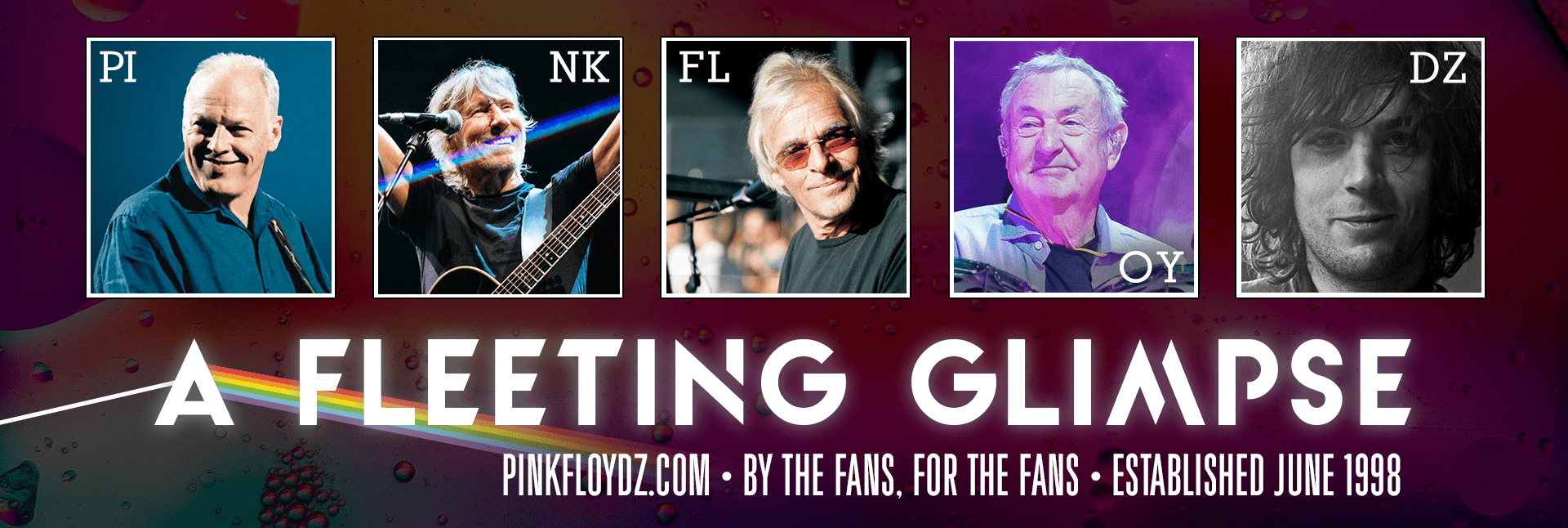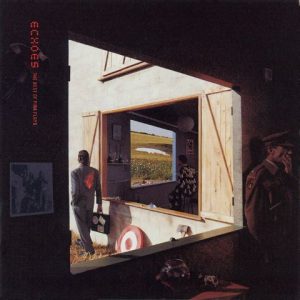Studio Albums | Live Albums | Compilations | Boxsets | DVDs & Bluray | Roger Waters | David Gilmour | Richard Wright | Syd Barrett | Nick Mason
Echoes: The Best of Pink Floyd is the fourth compilation album by the English rock band Pink Floyd, released on 5 November 2001 by EMI internationally and a day later by Capitol Records in the United States.
It debuted at No. 2 on the Billboard 200 album chart on 24 November 2001, with sales of 214,650 copies. It remained on the chart for 26 weeks.
The album was certified gold, platinum and double platinum on 6 December 2001 in the US by the RIAA. It was certified triple platinum in the US on 8 January 2002, and quadruple platinum on 10 September 2007.
The compilation spans the career of Pink Floyd from their first single “Arnold Layne” in 1967, through to “High Hopes“, the final track from their 1994 studio album The Division Bell.
Original frontman Syd Barrett is featured on six of the album’s 26 tracks, providing lead vocals on five. Four of the band’s albums—More, Ummagumma, Atom Heart Mother and Obscured by Clouds—are not represented, though multiple tracks from Atom Heart Mother and Ummagumma were planned to appear on the compilation.
Each of the 26 tracks fades from one to the next with no break in the music, courtesy of longtime producer/engineer James Guthrie, to help recreate the concept album feel of the band’s mid-period work. All 26 tracks were newly remastered specifically for this compilation and are not sequenced in chronological order.
The band’s longtime guitarist, David Gilmour, said of the process of compiling the tracks themselves:
” There’s been the occasional phone call but no great brainstorming sessions to get us all together. All our stuff [is] conducted through our engineer James Guthrie, who coordinated Echoes from his place in Lake Tahoe.“
Roger Waters‘s main contribution was the name of the compilation. “I had to, because the name the boys came up with was so awful. What was it? ‘Sum of the Parts’. See what I mean?”

